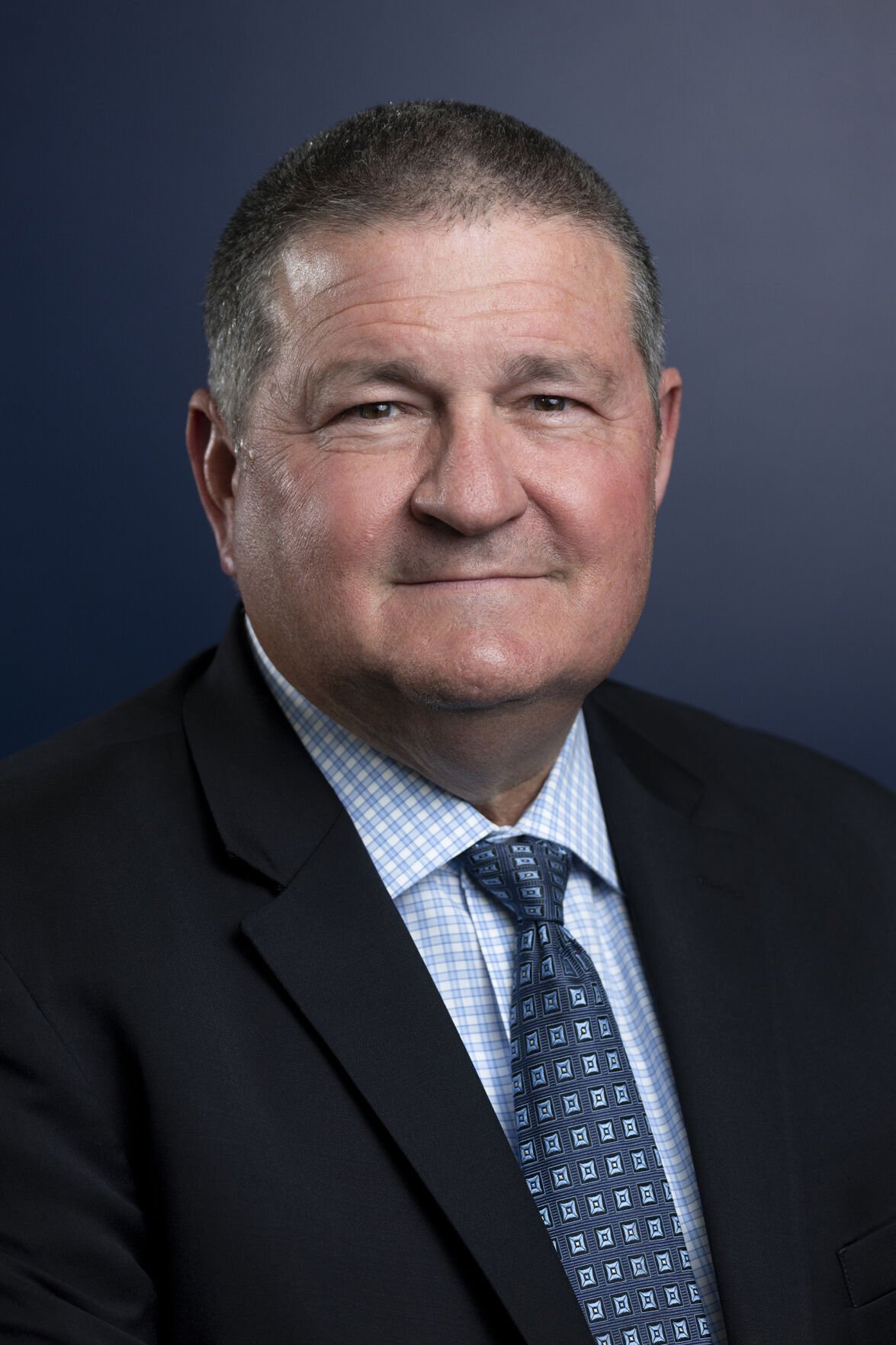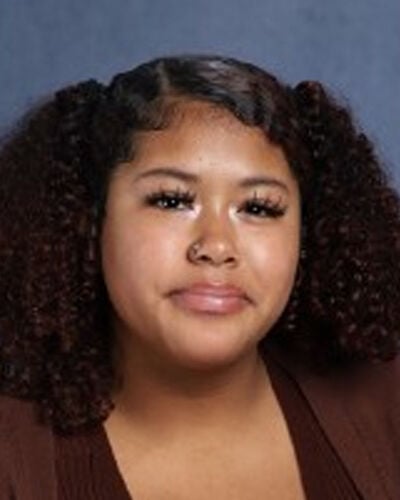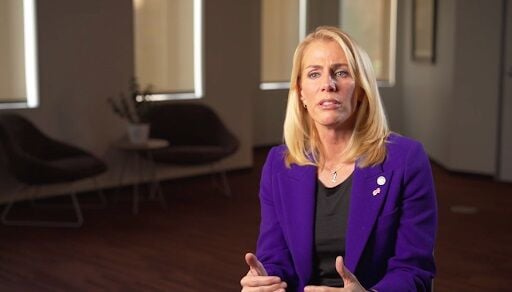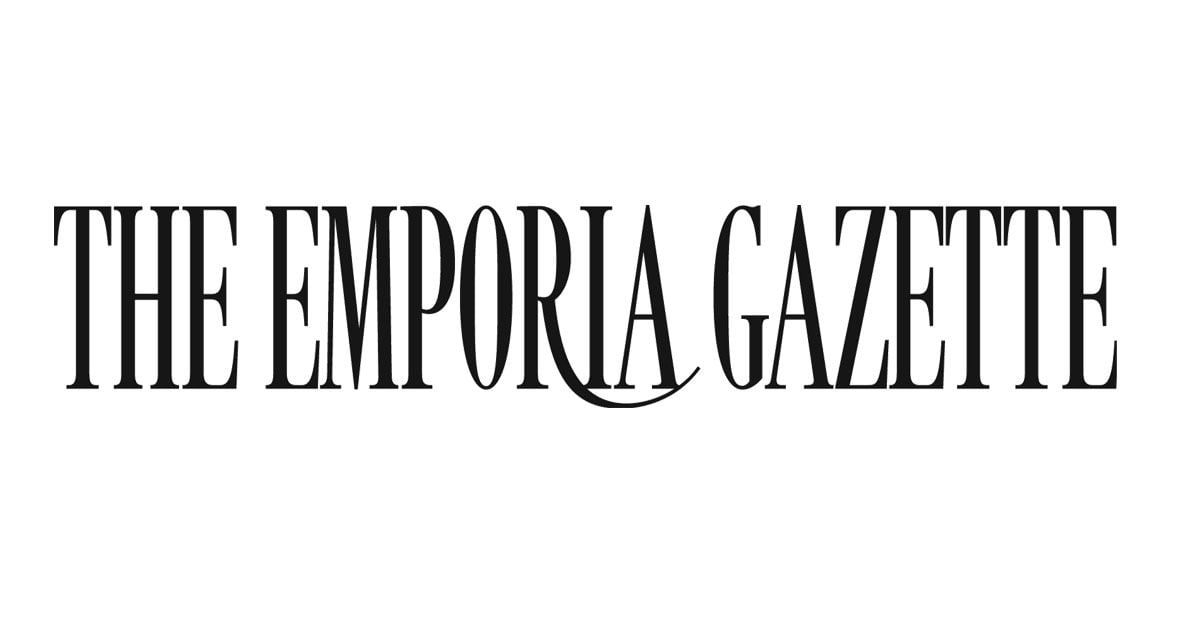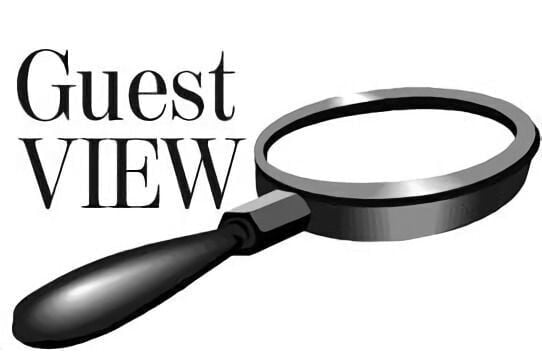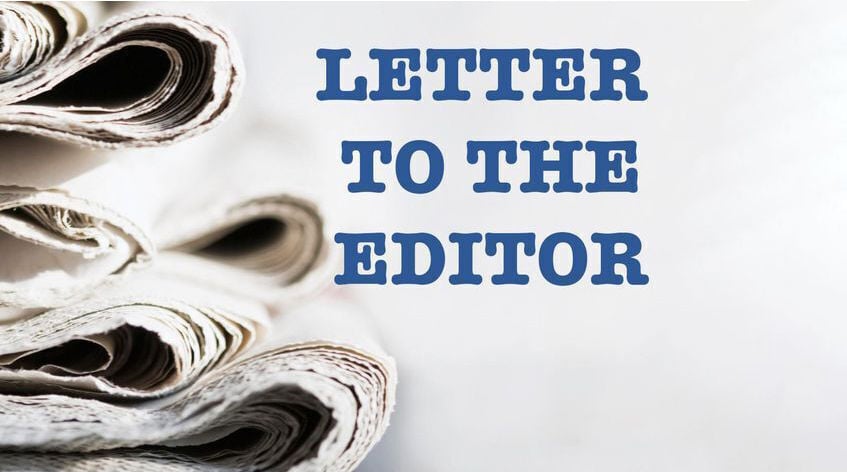The acting U.S. attorney for the District of Columbia has sent a letter to a scientific journal for chest doctors, raising concerns about potential partisanship and questioning its practices regarding misinformation, viewpoint diversity, and influences from funders or advertisers.
U.S. attorney demands scientific journal explain how it ensures ‘viewpoint diversity’
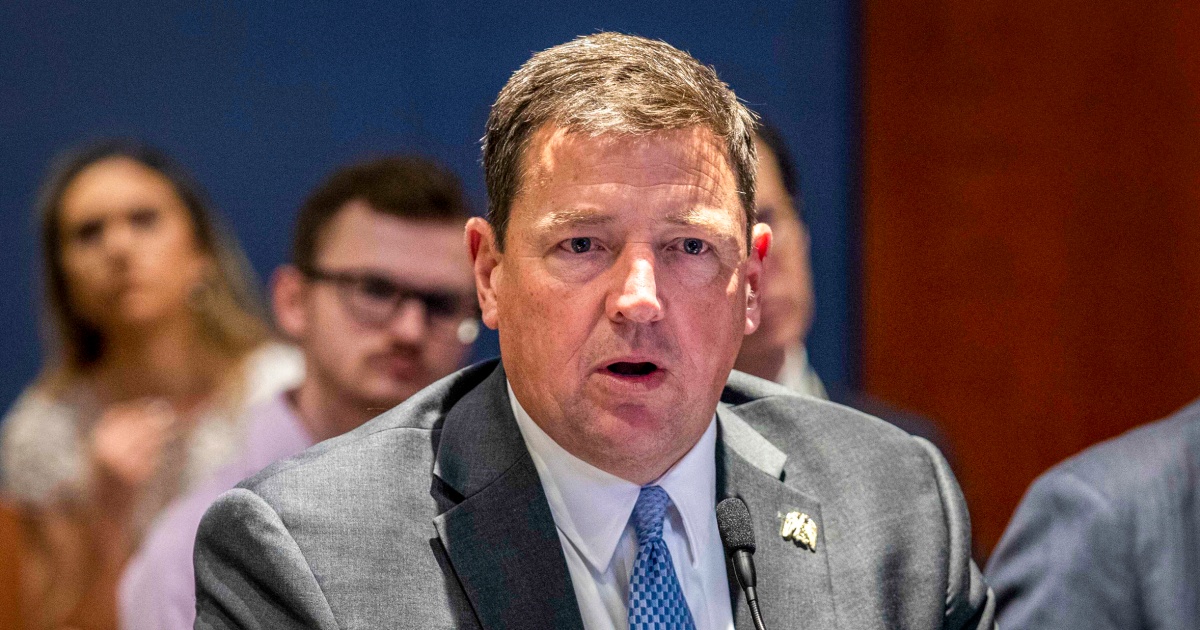
Key Takeaways:
- The acting U.S. attorney for D.C. questioned a scientific journal’s impartiality.
- Allegations imply the journal may be partisan in its publications.
- Concerns were raised about how the journal protects the public from misinformation.
- Inquiries were made into whether the journal includes diverse viewpoints.
- The potential influence of funders or advertisers on the journal was scrutinized.
Acting U.S. Attorney Questions Scientific Journal’s Impartiality
The acting U.S. attorney for the District of Columbia has initiated an inquiry into a prominent scientific journal for chest doctors. In a letter sent this week to the journal’s editor, the attorney raised concerns about potential partisanship within the publication.
Allegations of Partisanship
The letter implied that the journal might be exhibiting partisan bias in its content. This suggestion points to worries that the publication’s articles and studies may not be presented in an unbiased manner, which could influence the medical community and the public’s perception of important health issues.
Protection Against Misinformation
Central to the attorney’s inquiry are questions about how the journal safeguards the public from misinformation. The letter seeks to understand the measures the publication takes to ensure that all information disseminated is accurate, evidence-based, and free from misleading or false data.
Inclusion of Competing Viewpoints
The acting U.S. attorney also questioned whether the journal includes a diverse range of perspectives in its articles. The inclusion of competing viewpoints is crucial in scientific discourse, as it fosters comprehensive understanding and critical analysis of medical issues.
Influence of Funders and Advertisers
Another significant concern outlined in the letter is the potential influence of funders or advertisers on the journal’s content. The inquiry seeks to determine if external financial interests are affecting the objectivity and integrity of the published material.
Implications for the Medical Community
This inquiry highlights the importance of impartiality and transparency in scientific publications. The medical community relies on trusted journals for accurate information to inform practice and policy. Any suggestion of bias or external influence can have far-reaching implications for healthcare professionals and patient care.
Conclusion
The acting U.S. attorney’s letter underscores the need for vigilance against misinformation and bias in scientific literature. As the journal addresses these concerns, the situation serves as a reminder of the critical role that objectivity plays in maintaining public trust in medical publications.
